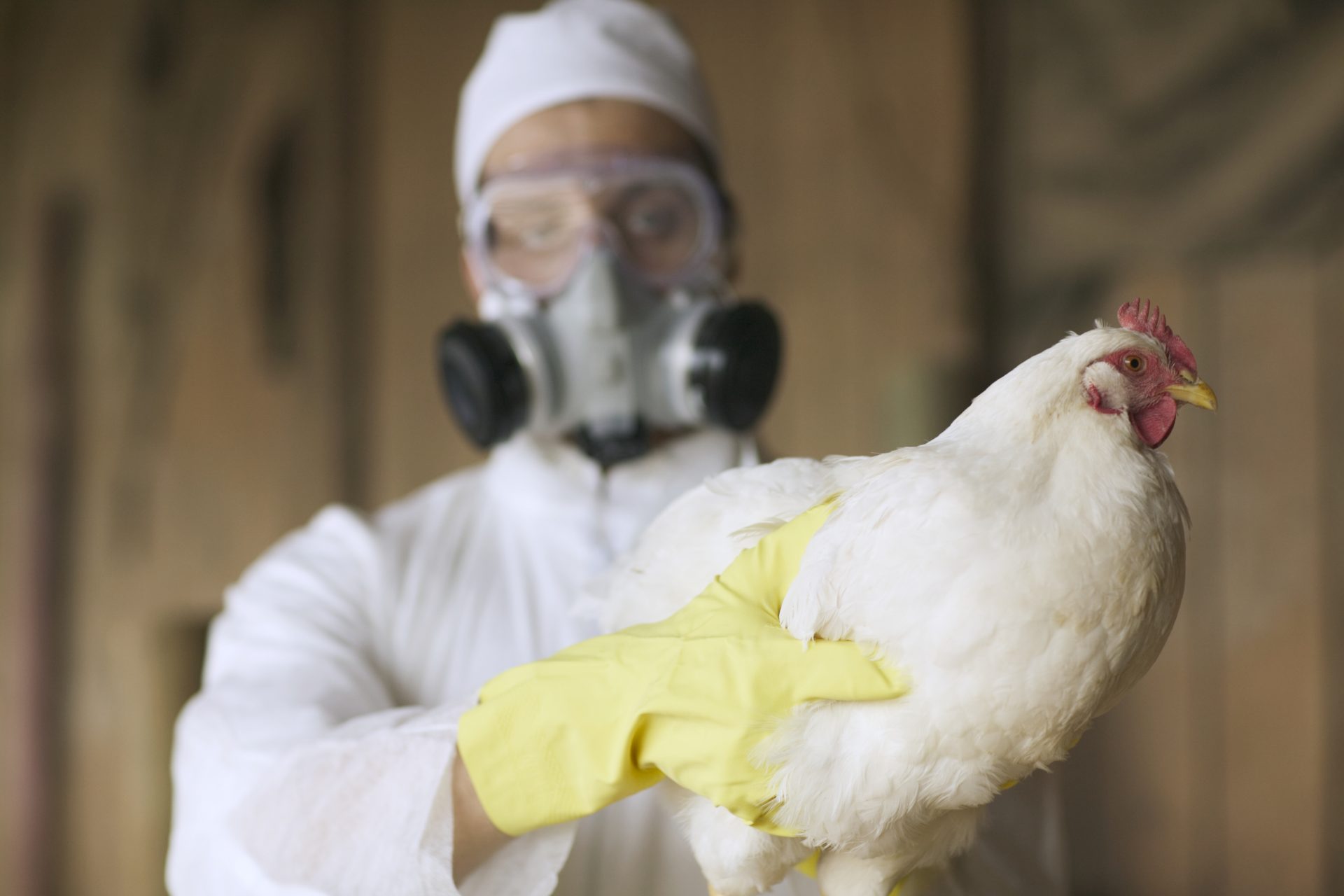Teen in critical condition with Canada’s first human case of bird flu
A teenager who tested positive for avian influenza, also known as bird flu, is in critical condition and being treated for acute respiratory distress at British Columbia Children's Hospital (in Canada), Provincial Health Officer Dr. Bonnie Henry told ‘CBC News’.
They call it the first “presumptive” human case of bird flu contracted in Canada because it has to be confirmed at the National Microbiology Laboratory in Winnipeg, according to the ‘CBC News’ report.
Dr. Henry would not disclose the teen’s gender or age but said they had first developed symptoms on 2 November and were tested on 8 November, when they were admitted to the hospital. Symptoms included conjunctivitis, fever and coughing.
Photo: Pixabay
The teen had no farm exposure but had been exposed to dogs, cats and reptiles, Dr. Henry said. However, all of those animals tested negative to the virus. “That is absolutely an ongoing investigation,” she added.
Dr. Henry said contact tracing has been conducted on 35 to 40 of the teen's family members, friends and acquaintances and that they haven’t identified anyone else that is sick with the virus. In fact, no one else in British Columbia is, she said.
The World Health Organization (WHO) says bird flu risk to humans is low because there is no evidence of human transmission, but if that were to happen, a pandemic could unfold, scientists have said, according to ‘The Guardian’.
The virus is more commonly transmitted from animals to other animals and from animals to humans. Bird flu has infected nearly 450 dairy farms in 15 US states since March, and the CDC has identified 46 human cases of bird flu in the country since April.
In Canada, British Columbia has identified at least 26 affected premises across the province and numerous wild birds have tested positive, Dr. Henry said. However, this would be the first human case in the country if confirmed.
Since 1997, over 900 human cases have been reported globally, primarily in Asia and Africa, with about half of them resulting in death, according to Health Canada.
However, the government cautions a 50% fatality rate may be overestimated, as mild infections can often go undetected and underreported.
More for you
Top Stories























